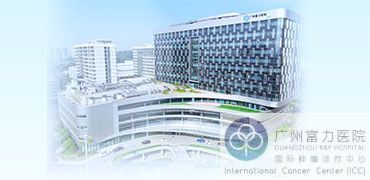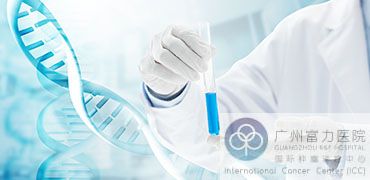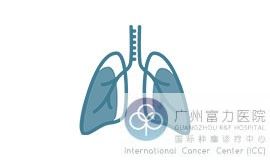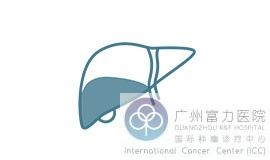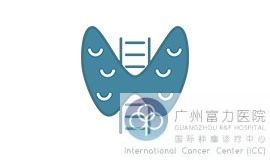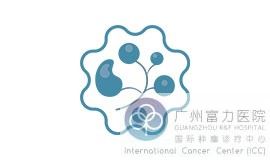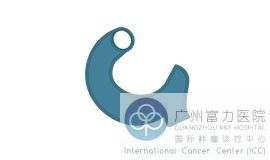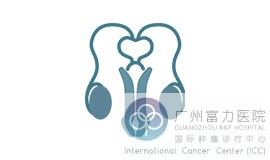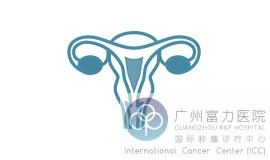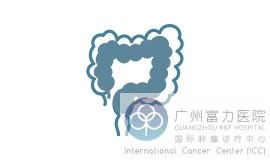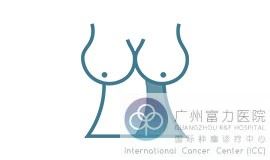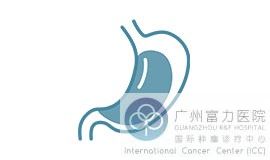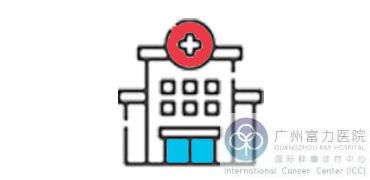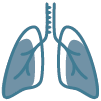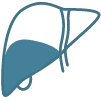Causes of Lymphoma
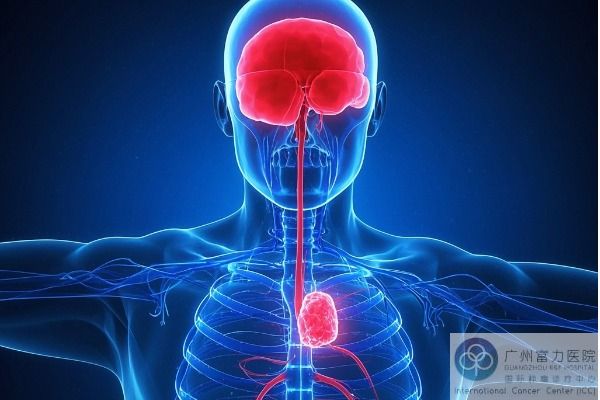
Lymphoma, as a malignant tumor originating from the lymphatic hematopoietic system, has relatively typical symptoms. Patients usually experience painless lymphadenopathy and may also have hepatosplenomegaly. What’s more serious is that all tissues and organs in the body may be affected, causing systemic symptoms such as fever, night sweats, weight loss, and skin itching.
According to statistics from the World Health Organization (WHO), the number of cases of lymphoma worldwide is approximately 589,600, and the global standardized incidence rate is calculated to be approximately 6.6/100,000. This data warns us that lymphoma is not a rare disease and its threat to human health cannot be underestimated.
Many people are concerned about whether mid- and late-stage lymphoma can be cured? With the continuous advancement of medical technology, there is now a minimally invasive technology with few side effects and less trauma, which brings new hope to lymphoma patients. This technology can help patients avoid surgical resection and the pain caused by traditional chemotherapy and radiotherapy. While improving the quality of life of patients, it also effectively prolongs their survival.
For more cancer knowledge, please click on the online doctor for consultation
Lymphoma is a malignant tumor originating from the lymphatic hematopoietic system. Its etiology is relatively complex and has not yet been fully clarified. It may be related to the following factors:
● Infectious factors
Viral infection: Epstein-Barr virus infection is closely related to the occurrence of Hodgkin's lymphoma and some non-Hodgkin's lymphomas; human T-cell leukemia virus-1 (HTLV-1) can cause adult T-cell lymphoma/leukemia; in addition, hepatitis C virus infection is also associated with the incidence of certain non-Hodgkin's lymphomas.
Bacterial infection: Helicobacter pylori infection is an important pathogenic factor of gastric mucosa-associated lymphoid tissue lymphoma. This bacterium can cause chronic gastritis and peptic ulcer. Long-term infection may lead to abnormal proliferation of gastric mucosal lymphocytes, and then cause lymphoma.
● Immune factors
Congenital immunodeficiency: In some hereditary immunodeficiency diseases, such as ataxia telangiectasia and Wiskott-Aldrich syndrome, the patient's immune system has congenital defects, which reduces the ability to monitor and eliminate tumor cells, and significantly increases the risk of lymphoma.
Acquired immune dysfunction: The incidence of lymphoma is significantly increased in immunocompromised groups such as those who have used immunosuppressants for a long time after organ transplantation, those who have used immunosuppressants for a long time in patients with autoimmune diseases, and those who have AIDS.
● Genetic factors
Lymphoma has a certain genetic tendency. If a relative has lymphoma, the risk of other family members developing lymphoma will increase. Studies have shown that mutations or abnormal expressions of certain genes may be related to the occurrence of lymphoma. These genes may affect cell proliferation, differentiation and apoptosis, leading to malignant changes in lymphocytes.
● Environmental factors
Chemical substances: Long-term exposure to organic solvents such as benzene and formaldehyde, as well as some pesticides, hair dyes and other chemicals may damage the human hematopoietic system and immune system and increase the risk of lymphoma.
Radiation: Long-term exposure to high doses of ionizing radiation, such as nuclear radiation, X-rays, etc., can cause lymphocyte gene mutations, malignant transformation of cells, and thus induce lymphoma.
Use precise technology to create more possibilities for life.
The Cancer Center of Guangzhou R&F Hospital has opened an era of "chemotherapy-free survival" for cancer patients, winning a lasting victory for life. If you or your family are facing difficulties in cancer treatment, please contact the Guangzhou R&F Hospital Cancer Center. We offer multilingual medical history consultations, contact us today to get an assessment of your treatment eligibility.
Contact Us:
email: rfcancercenter@gmail.com |
WhatsApp: +86 18565157271




